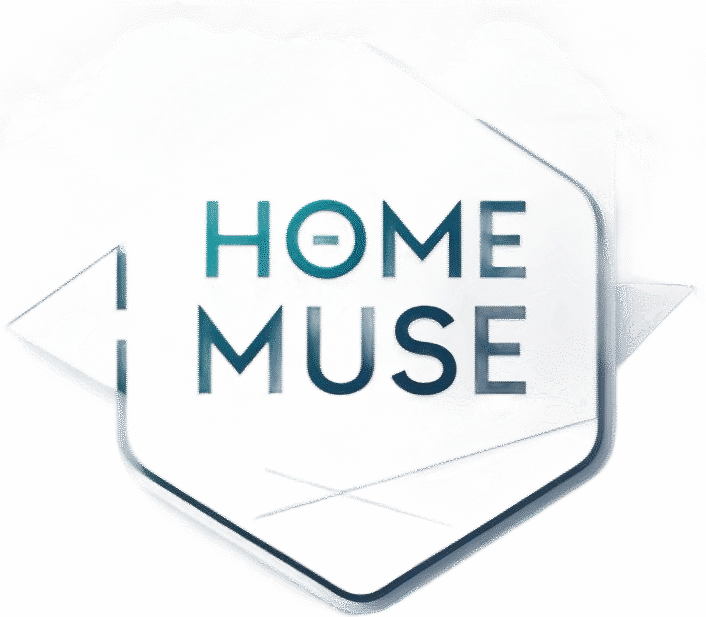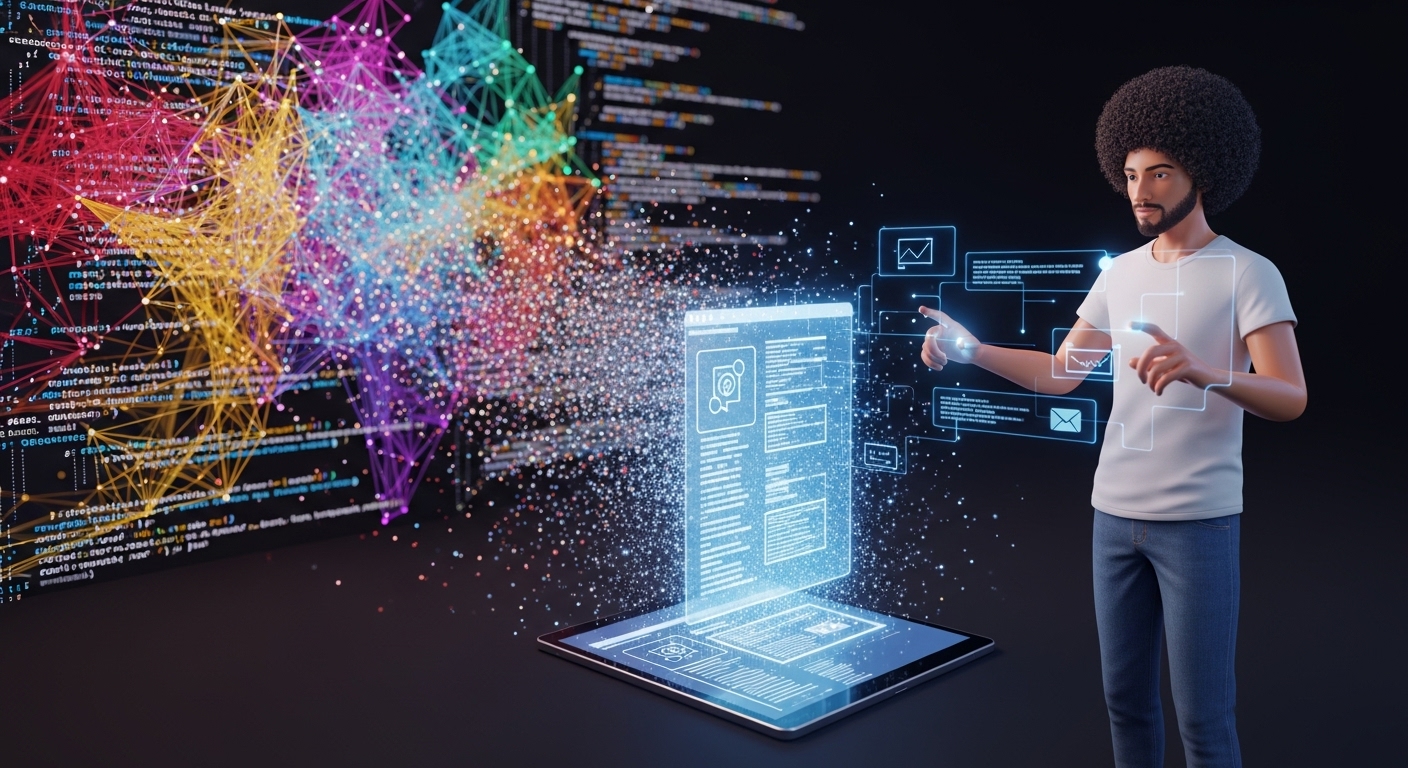Software: The Digital Essence of Modern Life
In today’s digital age, software plays a pivotal role in shaping our daily lives. From the apps on our smartphones to the programs running on our computers, software is the invisible force driving the technological advancements that have revolutionized the way we live, work, and communicate. In this blog post, we will delve into the world of software, exploring its history, significance, applications, and future trends.
**A Brief History of Software**
The history of software dates back to the early days of computing when programmers wrote instructions in machine language to perform specific tasks. The development of high-level programming languages in the mid-20th century, such as Fortran and COBOL, revolutionized the way software was created, making it more accessible to a wider audience.
The concept of software as a separate entity from hardware emerged in the 1960s, leading to the development of operating systems that managed the resources of computer systems. The evolution of software engineering as a discipline in the 1970s further refined the process of designing, developing, and maintaining software systems.
**The Significance of Software**
Software is the backbone of modern technology, enabling devices to perform a wide range of functions efficiently and effectively. From operating systems that manage hardware resources to applications that provide users with tools for productivity, entertainment, and communication, software plays a crucial role in facilitating the seamless operation of digital systems.
In the business world, software is essential for automating processes, analyzing data, and enabling collaboration among employees. Industries such as finance, healthcare, and manufacturing rely on specialized software to streamline operations, improve efficiency, and drive innovation.
**Applications of Software**
The applications of software are vast and diverse, spanning across various industries and domains. In the field of artificial intelligence, software algorithms power machine learning models that can analyze vast amounts of data to make predictions, recognize patterns, and solve complex problems.
In the realm of entertainment, software is used to create immersive gaming experiences, produce stunning visual effects in movies, and compose music with advanced digital tools. E-commerce platforms leverage software to personalize user experiences, optimize sales processes, and deliver targeted marketing campaigns.
**Future Trends in Software**
As technology continues to advance at a rapid pace, the future of software holds exciting possibilities. The rise of cloud computing has transformed the way software is delivered and consumed, enabling scalable and flexible solutions that can adapt to changing business needs.
Artificial intelligence and machine learning are expected to play an increasingly prominent role in software development, enabling autonomous systems that can learn from data, make decisions, and improve over time. The Internet of Things (IoT) will further expand the reach of software into everyday objects, creating interconnected ecosystems that enhance convenience and efficiency.
**Conclusion**
In conclusion, software is the digital essence that powers the modern world, driving innovation, efficiency, and connectivity across all aspects of our lives. As technology continues to evolve, the role of software will only become more integral, shaping the way we interact with the world around us and unlocking new possibilities for the future. Embracing the power of software is key to navigating the complexities of the digital age and harnessing its transformative potential.

